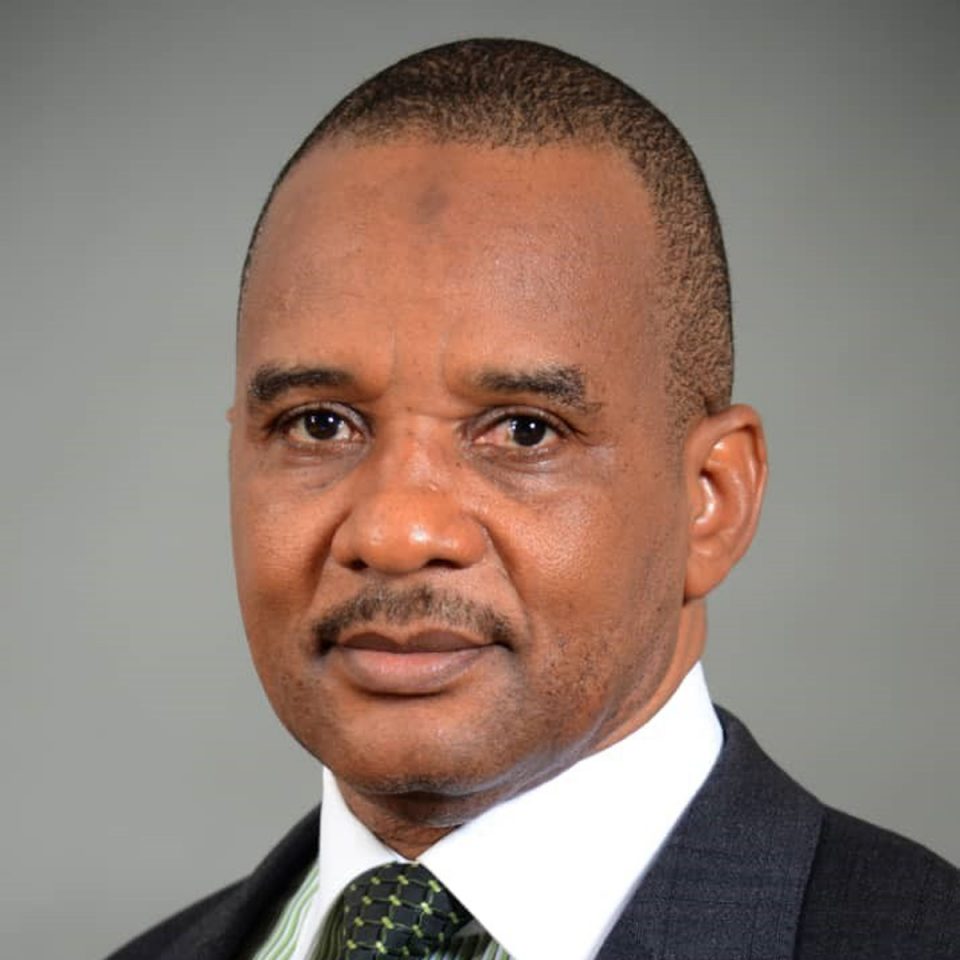In a bid to further improve the security of the nation’s maritime space, the Nigerian Maritime Administration and Safety Agency, NIMASA, and the Nigerian Navy have concluded plans to harmonise the training procedures for the personnel of both institutions.
NIMASA’s Director-General, Dr. Bashir Jamoh, who disclosed this when he hosted the Flag Officer Commanding, FOC, Naval Training Command, NAVTRAC, Rear Admiral Fredrick Ogu, at the Agency’s headquarters in Lagos, said that a large chunk of the Agency’s budget went into the training of its workforce, adding that other stakeholders, including the Nigerian Navy also benefited from training programmes facilitated by NIMASA in the overall interest of the maritime sector.
He said NIMASA would also look in the direction of Naval facilities and how to harmonise the training guidelines to meet the standards required by the International Maritime Organisation, IMO, for certification.
Jamoh said: “NIMASA invests so much in the training of her workforce. Aside that, we have what we call non-staff educational assistance, which is also geared towards building capacity for the maritime sector, apart from our workforce. This we have also done by including navy personnel whenever the opportunity and the need arise. In this wise, we are open to approval of training facilities across the country as long as they meet IMO’s training standards.”
The NIMASA boss said the agency was not an arm carrying organisation and could not achieve its mandate without the Nigerian Navy.
He explained that the Navy and NIMASA relationship had come a long way, predating the Memorandum of Understanding, MoU, that birthed the Maritime Guard Command, manned by Naval officers and domiciled in the Agency.
The agency boss also spoke on the Deep Blue Project, also known as the Integrated National Security and Waterways Protection Infrastructure, which aims to comprehensively tackle insecurity on Nigeria’s territorial waters and Exclusive Economic Zone, up to the Gulf of Guinea.
He said: “Most of our Deep Blue Project assets are already in the country and most of these assets, like the Special Mission Vessels and aircraft, would be manned and commanded by the officers of the Nigerian Navy. What is causing a little delay in the deployment is the training component because some of these trainings would be done outside the shores of the country. Because of the COVID-19 pandemic there is a little delay in the training programme.”
Rear Admiral Ogu reiterated the need for NIMASA and the Navy to work together in training and on other fronts and emphasised NIMASA’s role in the certification of most maritime-related training programmes.
“I know we have an existing MoU with NIMASA, which makes it easier for us to relate on many fronts,” Ogu said, adding, “The importance of NIMASA to our trainings cannot be overstated. They are the ones who issue certificates for our basic mandatory and survival at sea trainings. So there is need for us to harmonise our training methods to further enhance our capacity.”
He also disclosed that the Navy had training facilities that were available to both civilians and military personnel.




